Search

News & Events
The Kids Research Institute Australia welcomes tough new measures to save kids from vapingThe Kids Research Institute Australia strongly supports the Federal Government’s announcement today to introduce a suite of reforms aimed at banning non-prescription vaping products in Australia.
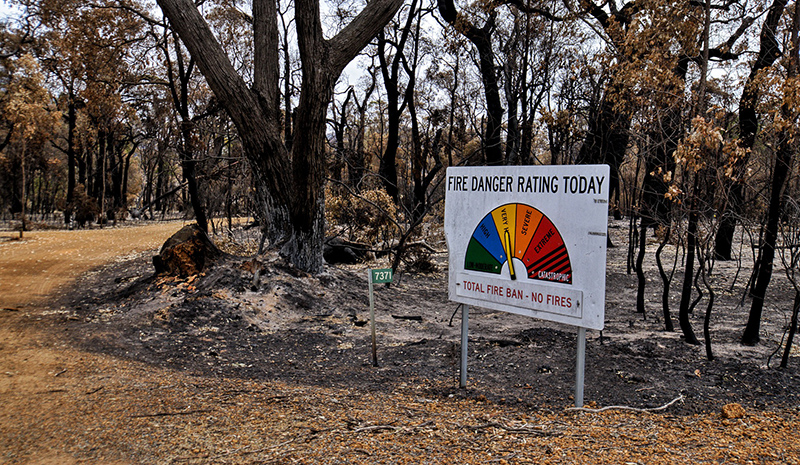
News & Events
How summer bushfires can impact your family’s healthBushfires can have a considerable impact on our health, with some symptoms lasting long after the flames are extinguished. And our children are amongst the most vulnerable.
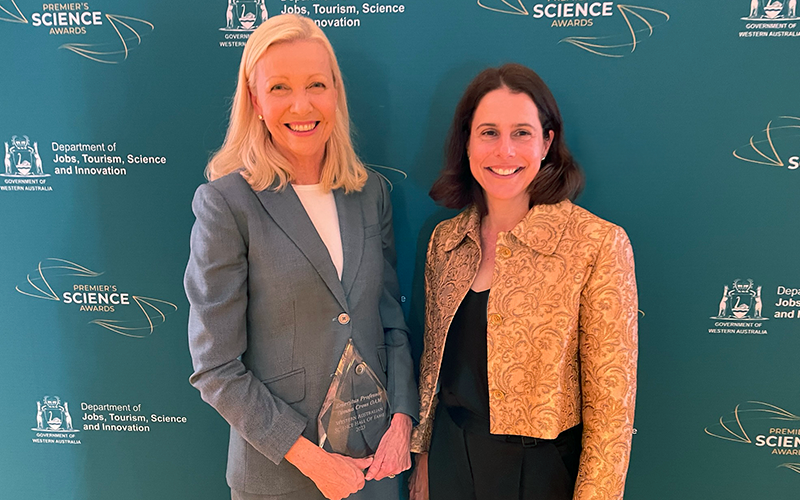
News & Events
Anti-bullying champion Professor Donna Cross inducted into WA Science Hall of FamePioneering anti-bullying researcher Emeritus Professor Donna Cross OAM was last night announced as the latest inductee into the WA Science Hall of Fame.
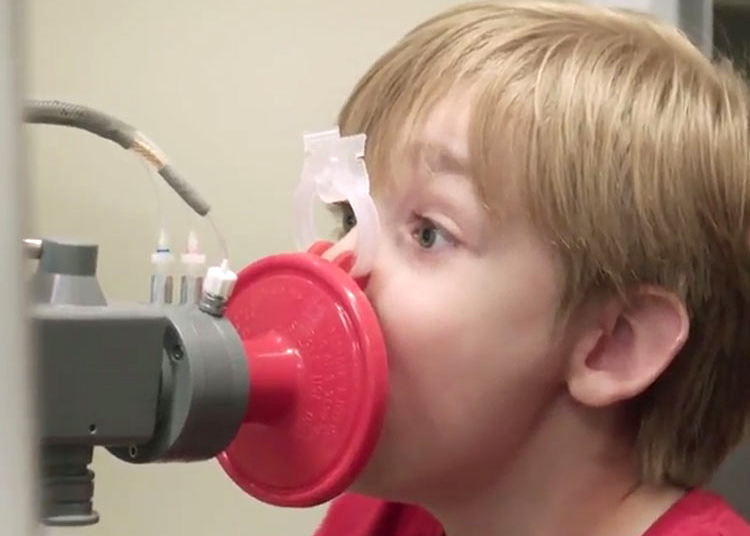
News & Events
CF Awareness MonthInformation about cystic fibrosis awareness month and CF research at The Kids
Research
“Beacon” Cyber App Project with BankwestThe Kids Research Institute Australia and Bankwest partnered together from 2019-2022 to develop a cyber safety app that provides parents and carers with the knowledge and skills to help their children thrive in a digital world.
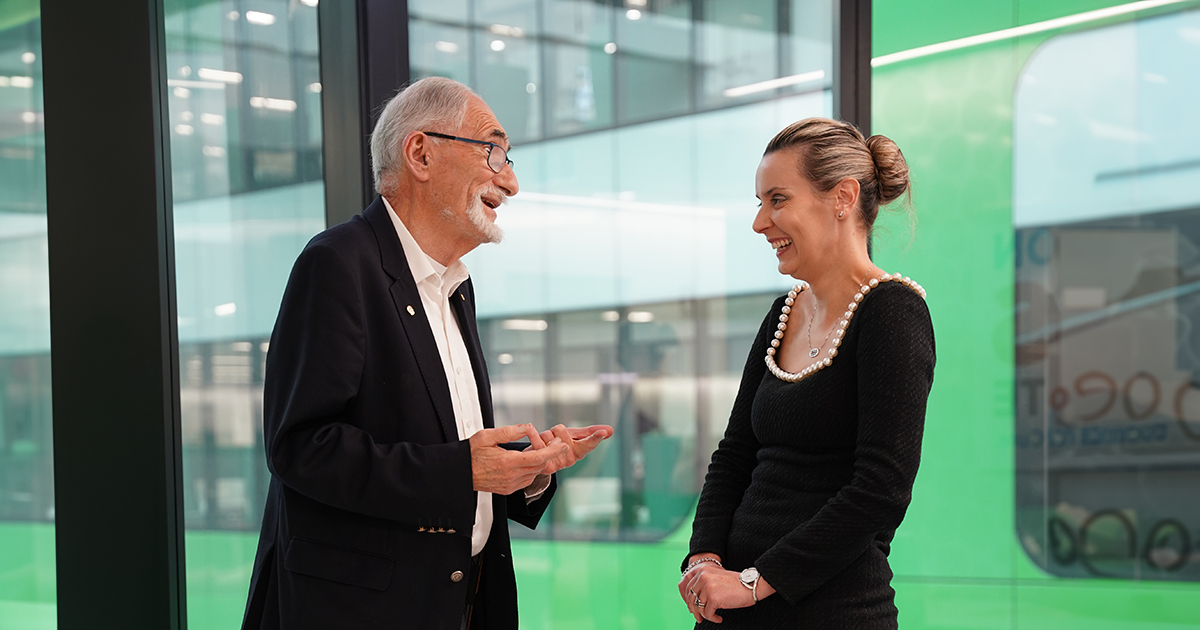
News & Events
Genetic disease researcher named inaugural Louis Landau Chair of Child Health ResearchProfessor Aleksandra Filipovska has been appointed as the inaugural Louis Landau Chair of Child Health Research.
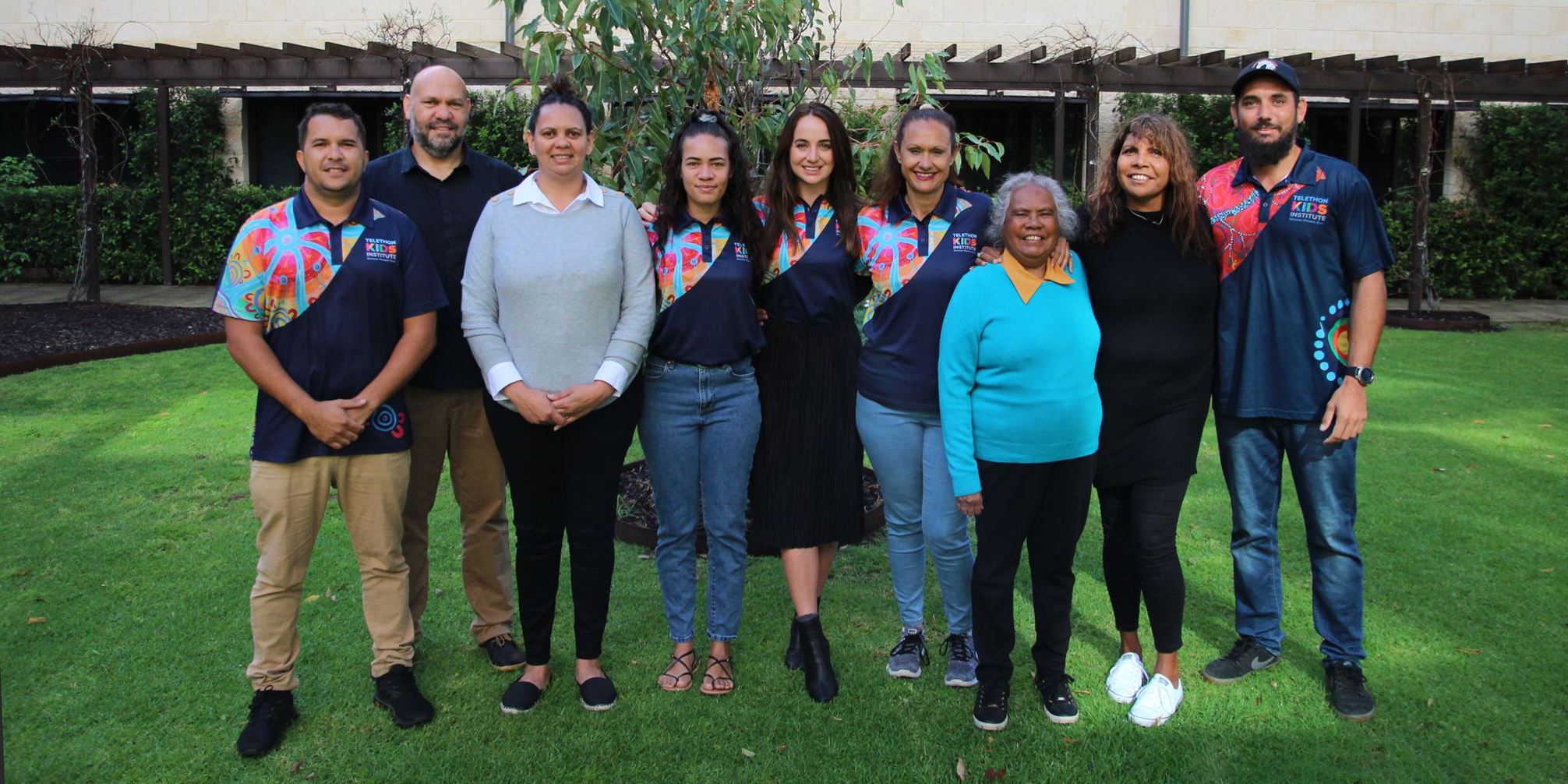
News & Events
Aboriginal Employment and Career Development StrategyWe are excited to launch our new Aboriginal Employment and Career Development Strategy (AECDS), aimed at building a culturally secure work environment by continuing to embed Aboriginal health & wellbeing into our research.
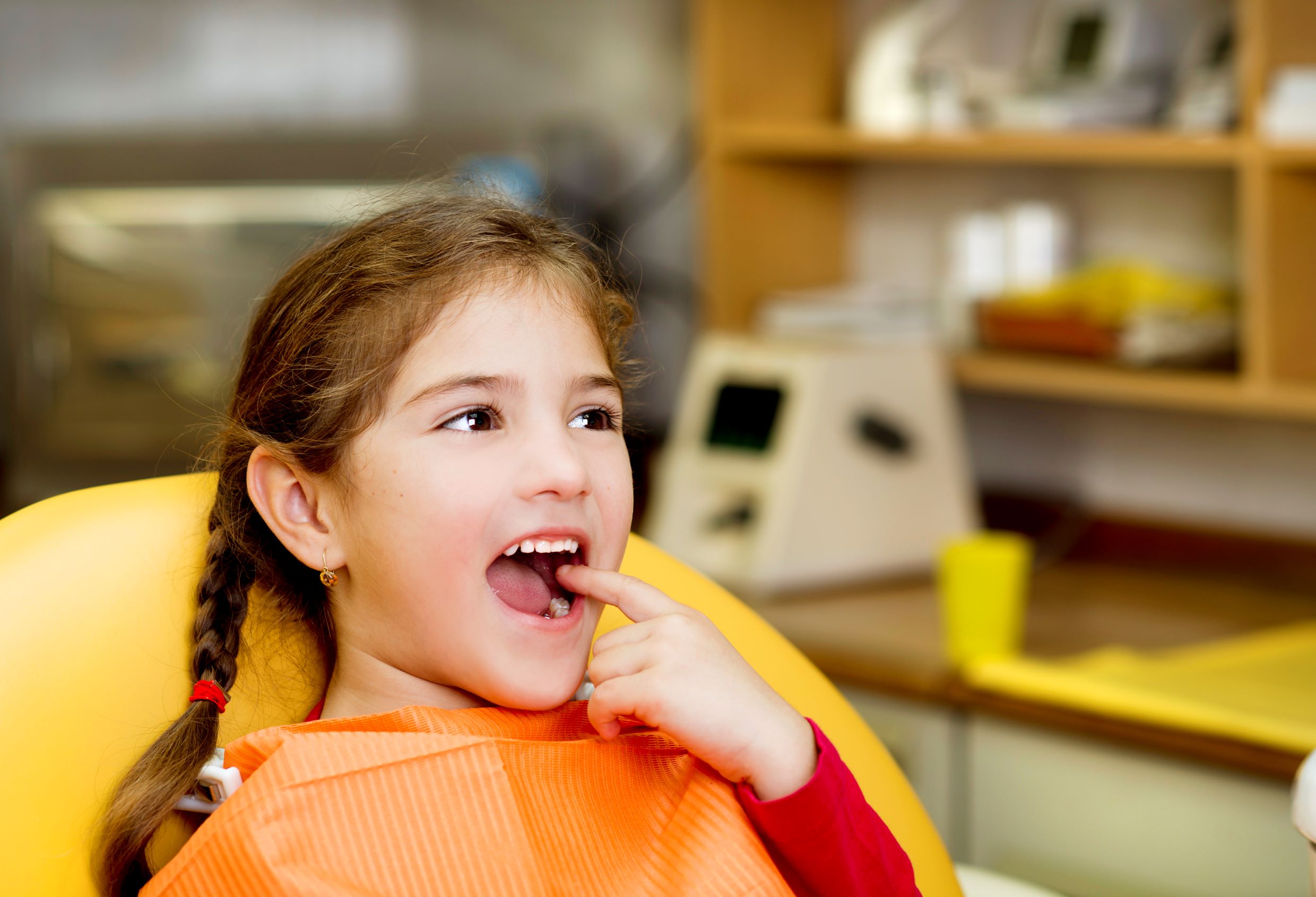
News & Events
Dental screening app shown to have potential to help remote familiesORIGINS' Dental Screening project has completed its feasibility study, showing that the tested smartphone app, enabling remote screening of children's teeth by dental professionals, has the potential to help remote families access dental care, among other benefits.
Research
Playful BytesNurturing children's health together: A collaboration between early childhood education and care (ECEC) educators and parents on active play and eating well
Research
Intellectual DisabilityAbout 2 per cent of children are estimated to have an intellectual disability. The cause of the condition is unknown in at least 50 per cent of cases.
